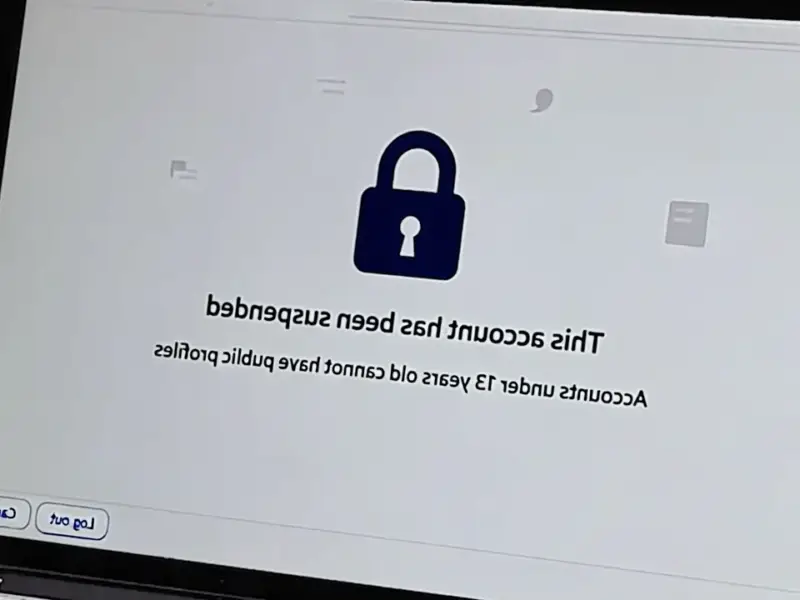According to Gizmodo, two Israeli spyware companies—NSO Group and Paragon—are actively courting the Trump administration while facing renewed scrutiny. NSO, maker of the notorious Pegasus spyware, was recently purchased by U.S. investors and installed David Friedman—Trump’s former ambassador to Israel—as its new CEO. Paragon, creator of Graphite spyware, was acquired by U.S. investment firm Red Lattice in December 2024 and had a contract with ICE that was paused after being reported by Wired. Both companies have been accused of targeting WhatsApp and iMessage users, prompting Apple and Meta to issue statements about protecting users from “mercenary spyware” regardless of geographic location. The developments come amid ongoing tension between the Biden administration’s 2023 executive order restricting commercial spyware use and law enforcement interest in these powerful surveillance tools.
The political pivot
Here’s the thing that really stands out: these spyware companies aren’t just changing ownership—they’re making a deliberate political pivot. NSO’s new CEO David Friedman literally told the Wall Street Journal he wants to “cozy up to the White House” and sell to American law enforcement. And Paragon already had that ICE contract in 2024 under Biden, though it got paused when people noticed. Basically, both companies are betting that the political winds are shifting enough that they can overcome the Biden administration’s 2023 executive order restricting commercial spyware. It’s a pretty bold move considering NSO was blacklisted from U.S. investment back in 2021.
The platform counterattack
Meanwhile, Apple and Meta aren’t just sitting back. Both companies have been directly targeted—Apple actually sued NSO Group in 2021 over iMessage breaches, and WhatsApp has been repeatedly compromised. Their statements to The Guardian are clearly positioning them as the good guys in this fight. Apple emphasized that their threat notifications go to targeted users “no matter where they are,” which feels like a direct response to concerns about geographic discrimination in protection. Meta’s spokesperson talked about “disrupting hacking efforts by mercenary spyware” and alerting threatened users globally. They’re making this a privacy versus surveillance battle—and honestly, it’s smart positioning.
America’s complicated relationship with spyware
What’s fascinating here is how contradictory the U.S. government’s position has been. On one hand, you’ve got the Biden administration acknowledging the “detrimental impact” of these tools and implementing that executive order. On the other hand, the FBI spent years considering using this very spyware for domestic investigations. And now we’re seeing these companies get American ownership and American leadership while their products continue to be used against journalists and activists worldwide—as recent investigations have shown. It creates this weird situation where the U.S. is simultaneously condemning and potentially enabling the same surveillance technology.
Where this is heading
So what happens now? These spyware companies clearly see an opportunity with the new administration, and they’re making their moves while the platforms dig in for a fight. The legal pressure continues to mount with rulings against NSO, but these companies keep finding ways to adapt and survive. I think we’re looking at an ongoing cat-and-mouse game where the spyware firms will keep evolving their approaches while platforms try to patch vulnerabilities. The real question is whether political access will translate into actual contracts, or if the backlash from civil society and tech companies will keep these tools largely in the shadows. Either way, your phone’s security is suddenly a lot more political than you might have realized.




